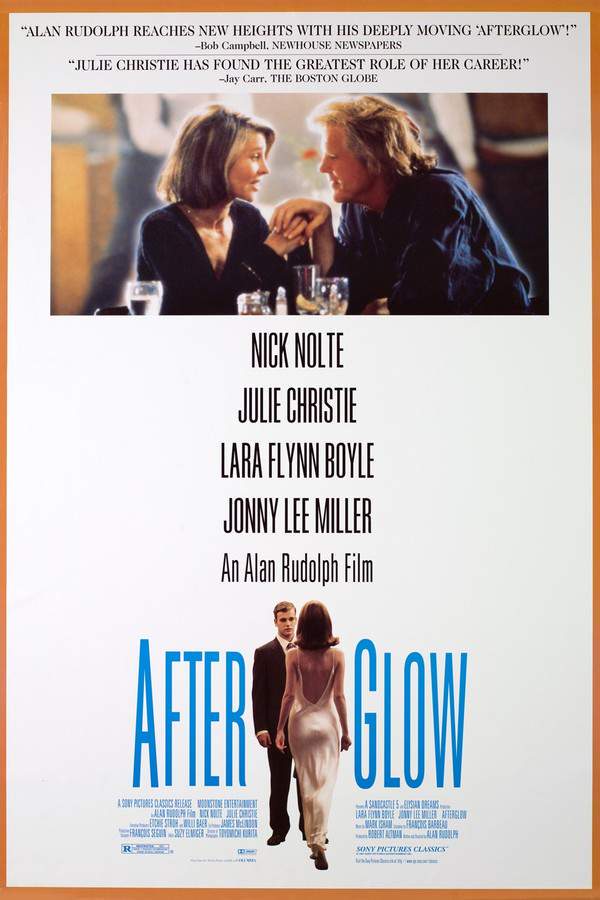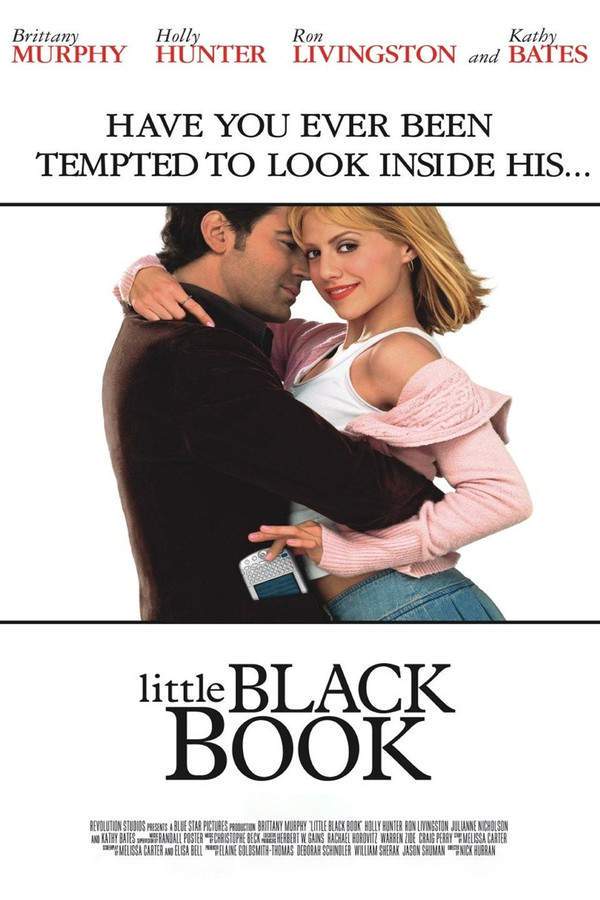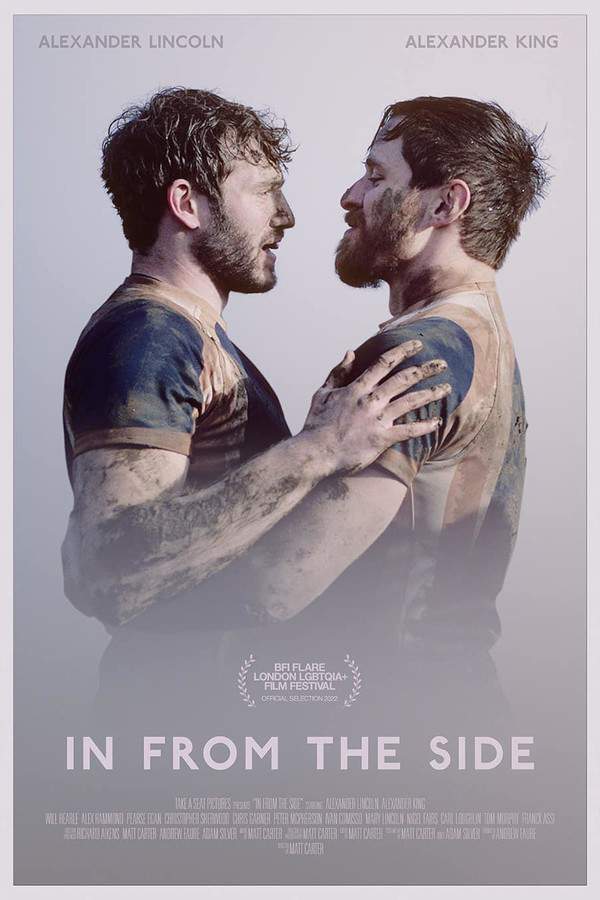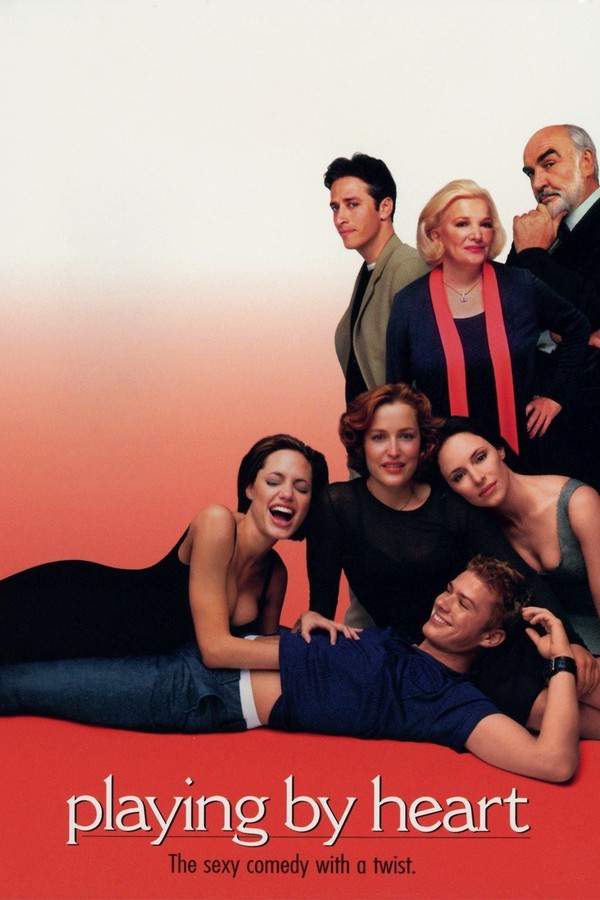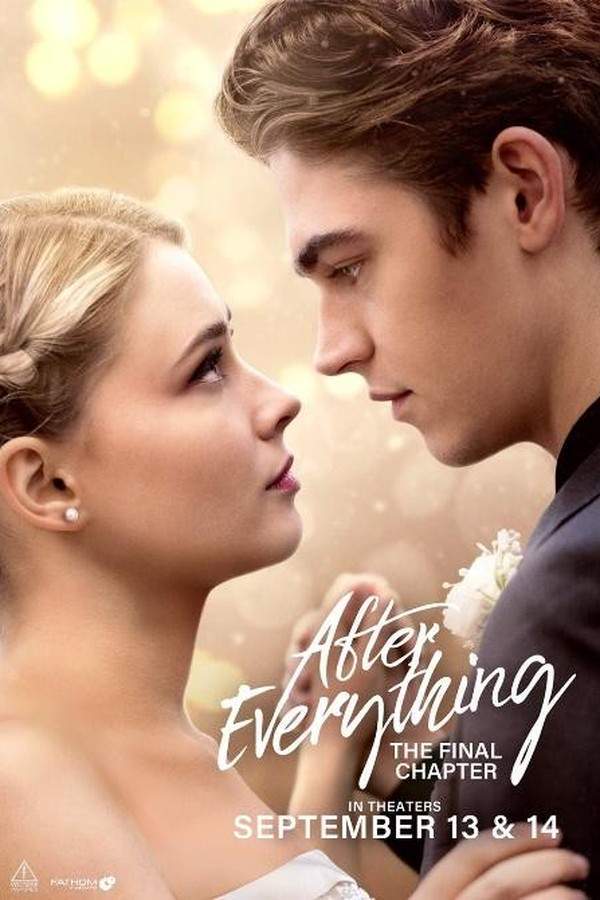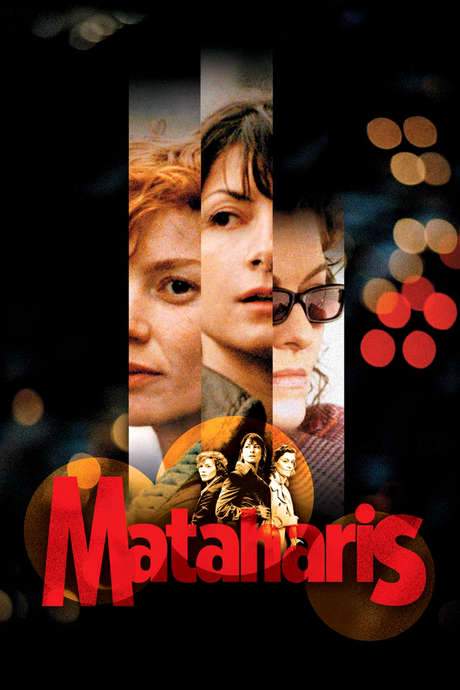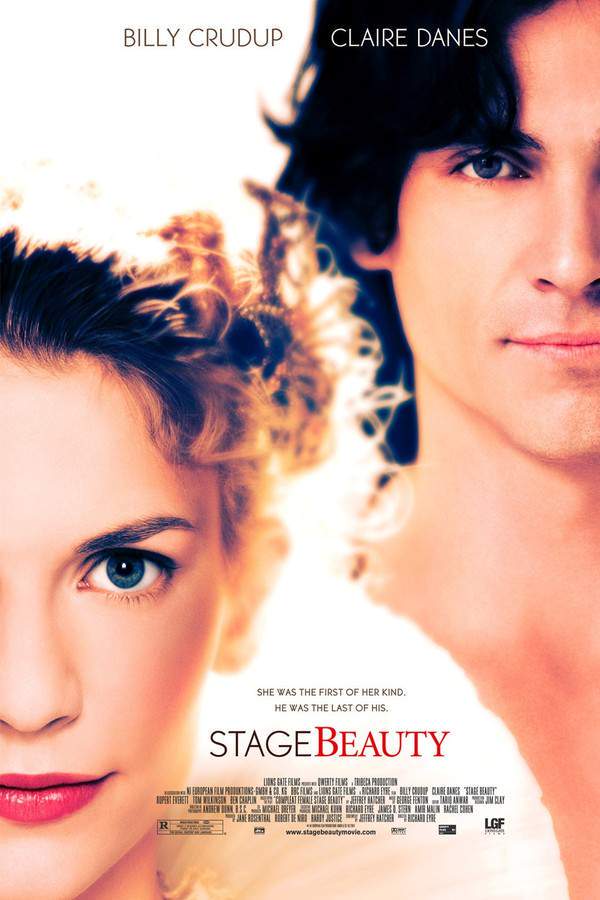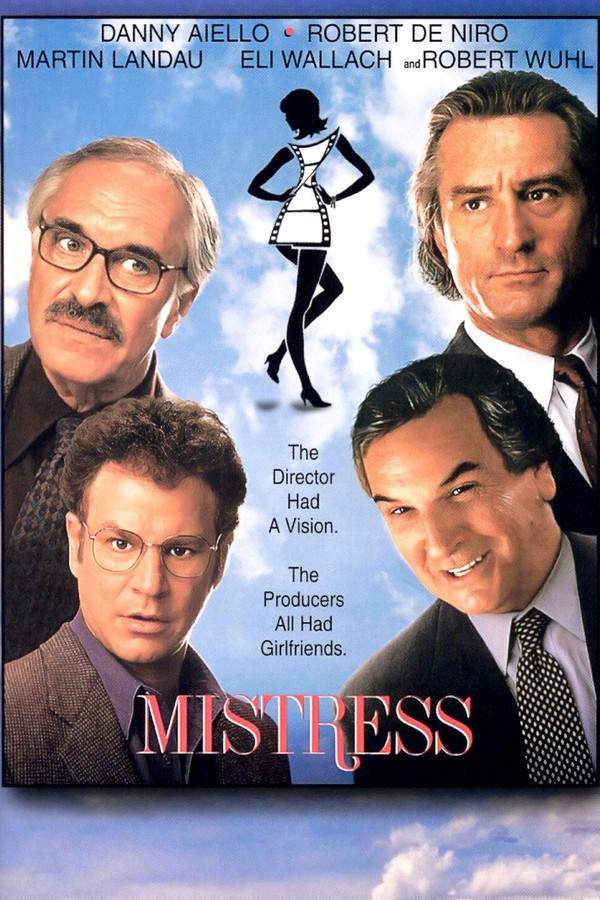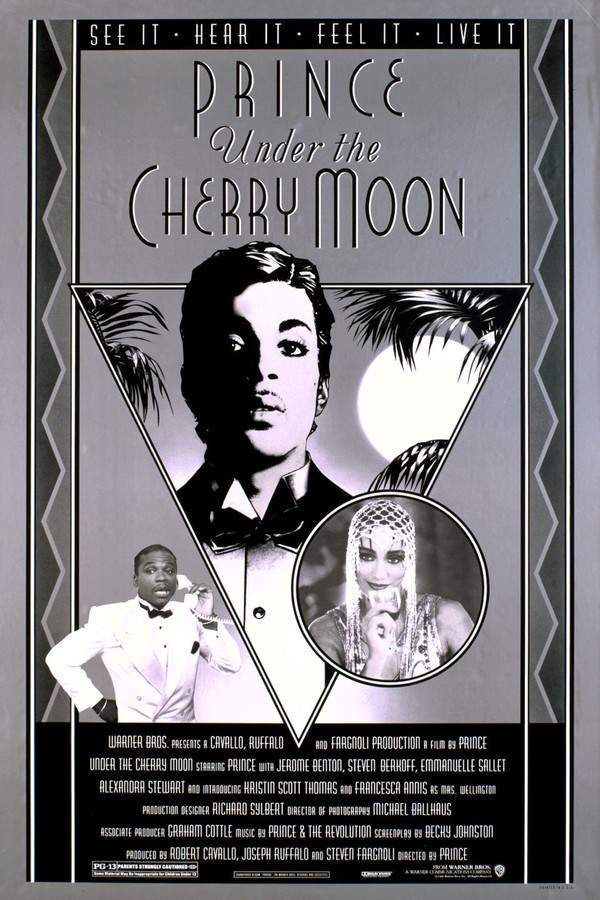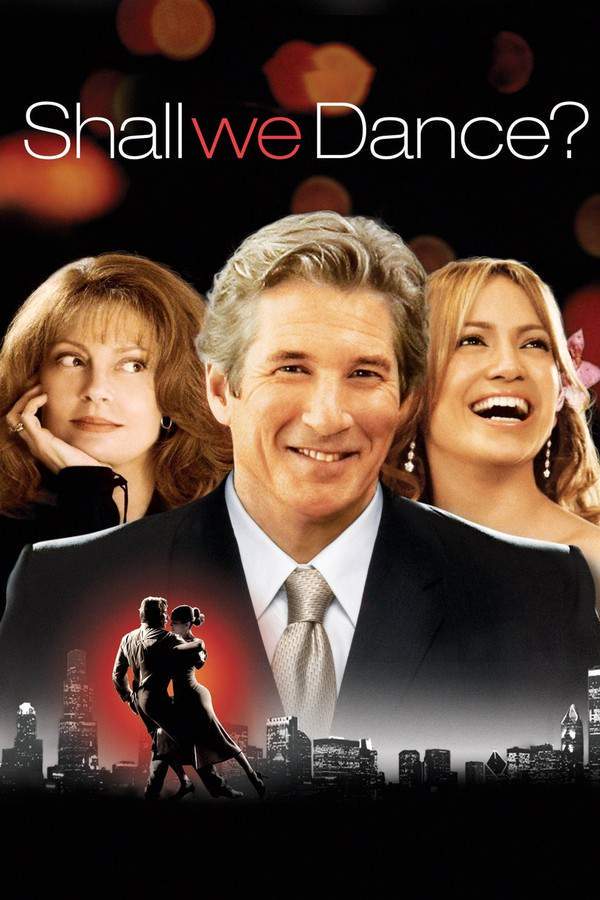
Dance with the Wind
Year: 2004
Runtime: 132 mins
Language: Korean
Director: Park Jung-woo
Officer Song Yeon‑hwa is tasked with investigating Park Pung‑shik, an alleged gigolo who preys on affluent housewives, including the police chief’s wife who gave him $30,000 yet refuses to testify. Song goes undercover as a hospital patient, befriends the mild‑mannered Park, discovers he earns a living as a ballroom dancer, and he begins to tell the story of how he came to dance.
Warning: spoilers below!
Haven’t seen Dance with the Wind yet? This summary contains major spoilers. Bookmark the page, watch the movie, and come back for the full breakdown. If you're ready, scroll on and relive the story!
Dance with the Wind (2004) – Full Plot Summary & Ending Explained
Read the complete plot breakdown of Dance with the Wind (2004), including all key story events, major twists, and the ending explained in detail. Discover what really happened—and what it all means.
In a hospital parking lot, Officer Song Yeon-hwa is briefed on Park Pung-shik, a man described as a gigolo who preys on wealthy housewives. One of his latest targets is the police chief’s wife, who, despite handing over $30,000, refuses to testify. Tasked with gathering solid evidence, Song goes undercover as a hospital patient, aiming to entangle Park Pung-shik in a case that could finally bring him down.
Inside the hospital, the seemingly mild-mannered man reveals a surprising detail as he chats over coffee: he makes a living dancing ballroom. Curious, Song asks him why he chose this path, and what follows is his sprawling, intimate confession.
Park’s life before the undercover assignment is painted in two stark colors: a marriage and a baby, followed by a hollow search for meaning. A chance encounter with an old school friend, Song Man-su, sparks a wild five-week spree of nights out that unsettles his wife. When Man-su appears at Park’s workplace offering a teaching gig for ballroom classes, Park initially resists. Yet a single lesson opened the door to a deep, consuming love for dance. What begins as casual mentorship soon blooms into a full-blown obsession as Park shuttles between day teaching with Man-su and extra lessons by night, all while trying to hold his family together.
The turning point comes when a coworker betrays him and the world of dance exposes a darker truth: Man-su’s stance is clear—dance isn’t art to him, it’s a tool to seduce. Park’s anger at that pragmatic cynicism pushes him toward redemption; he leaves his home in search of authentic technique, traveling the country to learn from a cast of unlikely mentors: a geriatric master who treats dance as a lifeline, an alcoholic lighthouse keeper who pours his soul into the waltz, a rancher who quicksteps, a steelworker who masters the cha-cha, a monk who teaches the paso doble, and a construction worker who introduces the tango. Five years of wandering craft, struggle, and stubborn resolve culminate in Park’s return to his family, transformed by his pursuit of genuine artistry.
Back on the undercover mission, Song’s superiors marvel at the image of a man willing to abandon everything for the beauty of dance, yet she remains unconvinced that Park could be a mere con artist. She starts taking lessons from him, and to her own surprise, the first step into rhythm unlocks a second awakening: she, too, falls in love with dance. From that moment, she delays pressing for a confession, letting the music lead their moments as they grow closer.
Park’s story of romance and risk continues to unfold. He endures the strain of a wife who grows increasingly angry about his absence, even as the lure of the stage and the beat of the dance pull him forward. He drifts into a smoky cabaret to dance nightly, where he meets a woman he calls Madame. What begins as a forbidden, intoxicating flirtation eventually becomes transactional, and Park pulls away, only to be drawn back again when Madame returns with promises and money.
The tension peaks when the former partner Man-su reveals that the legend of Park’s exploits has reached the underbelly of the gigolo world. Park rejects the label—until a brutal confrontation with the husband of a former partner forces him to confront the consequences of his choices. The story folds back to Song’s investigation, as Ji-yeon enters the picture—Ji-yeon is introduced as a soft-spoken partner whose own life intersects with Park’s. She shares a secret that changes the stakes: what seems like generosity and romance is filtered through a hard, professional layer, and a revelation about Ji-yeon’s true occupation adds a dangerous edge to Park’s romance.
A dramatic confrontation at a club brings matters to a head: Park confronts Ji-yeon in front of witnesses, and Song arrives just in time to defuse the moment. The tension spikes as the police close in, and with Ji-yeon’s secrets exposed, the chief’s wife’s testimony finally comes through, sealing Park’s arrest.
Two years pass, and the dance world in Korea has undergone a transformation—DanceSport now legitimizes ballroom as a recognized discipline. Song, no longer undercover but now a mentor in her own right, runs a dance studio and watches the echoes of Park in the world of movement. She tracks down Park, who has retired to the lighthouse of a former mentor, and even though he claims he no longer dances, she rekindles his passion with a fierce, lively jive and a tender waltz. In the meeting of their rekindled rhythm, the film closes on a note of quiet reconciliation: art restored, lives reoriented, and the idea that dance can both complicate and redeem.
Throughout, the film explores how a single passion can consume a life, while also offering a path to redemption through perseverance, skilled instruction, and a willingness to feel again. The balance between desire and duty threads the narrative, creating a haunting portrait of love, craft, and the costs of chasing art.
Last Updated: October 09, 2025 at 16:50
Explore Movie Threads
Discover curated groups of movies connected by mood, themes, and story style. Browse collections built around emotion, atmosphere, and narrative focus to easily find films that match what you feel like watching right now.
Movies about undercover connections like Dance with the Wind
A professional inquiry blurs into a surprisingly personal and transformative bond.Find movies similar to Dance with the Wind where an undercover investigation turns into a journey of personal connection. If you enjoyed the way Song Yeon-hwa's professional duty blurred with her growing understanding of Park Pung-shik, you'll appreciate these stories of secret missions that become unexpectedly intimate.
Narrative Summary
These films typically follow a protagonist on a professional assignment to investigate a subject. As they spend time undercover, they gain intimate access to the subject's life, revealing complexities that challenge their initial assumptions. The central conflict shifts from achieving a professional goal to navigating the moral and emotional turmoil of a genuine, if deceptive, relationship.
Why These Movies?
Movies are grouped here based on the core narrative engine of an undercover operation that evolves into a meaningful human connection. They share a tone of moral ambiguity, emotional discovery, and the bittersweet tension between duty and personal feeling, often resolved with a character-driven rather than action-oriented climax.
Movies about redemptive passion like Dance with the Wind
A consuming artistic passion threatens to destroy a life, only to rebuild it.Discover films similar to Dance with the Wind that explore how an obsessive passion for an art can both break and remake a person. If you were captivated by Park Pung-shik's journey where ballroom dance caused his downfall and later his salvation, you'll find compelling parallels in these stories of transformative artistic devotion.
Narrative Summary
Narratives in this thread follow a character who discovers a profound talent or passion. This gift elevates them but also leads to personal sacrifice, betrayal, or a fall from grace. The story arc is not about simple success, but about navigating the costs of genius or dedication, culminating in a reconciliation where the art form itself provides a path back to wholeness.
Why These Movies?
These films are connected by their central theme of art as a destructive and redemptive force. They share a bittersweet mood, balancing the pain of obsession with the beauty of creation, and feature steady-paced character studies that delve into the complicated relationship between an artist and their craft.
Unlock the Full Story of Dance with the Wind
Don't stop at just watching — explore Dance with the Wind in full detail. From the complete plot summary and scene-by-scene timeline to character breakdowns, thematic analysis, and a deep dive into the ending — every page helps you truly understand what Dance with the Wind is all about. Plus, discover what's next after the movie.
Dance with the Wind Timeline
Track the full timeline of Dance with the Wind with every major event arranged chronologically. Perfect for decoding non-linear storytelling, flashbacks, or parallel narratives with a clear scene-by-scene breakdown.

Characters, Settings & Themes in Dance with the Wind
Discover the characters, locations, and core themes that shape Dance with the Wind. Get insights into symbolic elements, setting significance, and deeper narrative meaning — ideal for thematic analysis and movie breakdowns.

Dance with the Wind Spoiler-Free Summary
Get a quick, spoiler-free overview of Dance with the Wind that covers the main plot points and key details without revealing any major twists or spoilers. Perfect for those who want to know what to expect before diving in.

More About Dance with the Wind
Visit What's After the Movie to explore more about Dance with the Wind: box office results, cast and crew info, production details, post-credit scenes, and external links — all in one place for movie fans and researchers.

Similar Movies to Dance with the Wind
Discover movies like Dance with the Wind that share similar genres, themes, and storytelling elements. Whether you’re drawn to the atmosphere, character arcs, or plot structure, these curated recommendations will help you explore more films you’ll love.
Explore More About Movie Dance with the Wind
Dance with the Wind (2004) Scene-by-Scene Movie Timeline
Dance with the Wind (2004) Movie Characters, Themes & Settings
Dance with the Wind (2004) Spoiler-Free Summary & Key Flow
Movies Like Dance with the Wind – Similar Titles You’ll Enjoy
Shall We Dance? (1997) Movie Recap & Themes
Dancing the Waltz Alone (2017) Plot Summary & Ending Explained
Dance of a Dream (2001) Full Summary & Key Details
The Hill of Wind (2019) Plot Summary & Ending Explained
Dance with a Stranger (1985) Film Overview & Timeline
Fancy Dance (1989) Complete Plot Breakdown
Good Windy Days (1980) Ending Explained & Film Insights
You Make Me Dance (1000) Story Summary & Characters
You Make Me Dance (2021) Film Overview & Timeline
Dance Hall (1929) Movie Recap & Themes
Dancing Girl (1951) Full Movie Breakdown
Dancing Co-Ed (1939) Complete Plot Breakdown
Come Dance with Me! (1959) Full Movie Breakdown
New Women (1935) Detailed Story Recap
Dance of the Dragon (2008) Film Overview & Timeline

